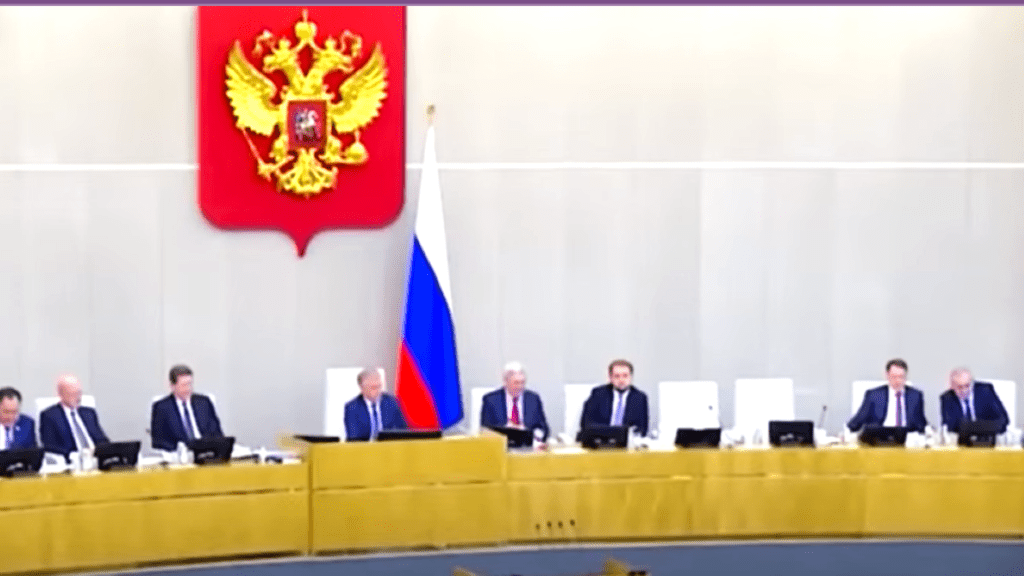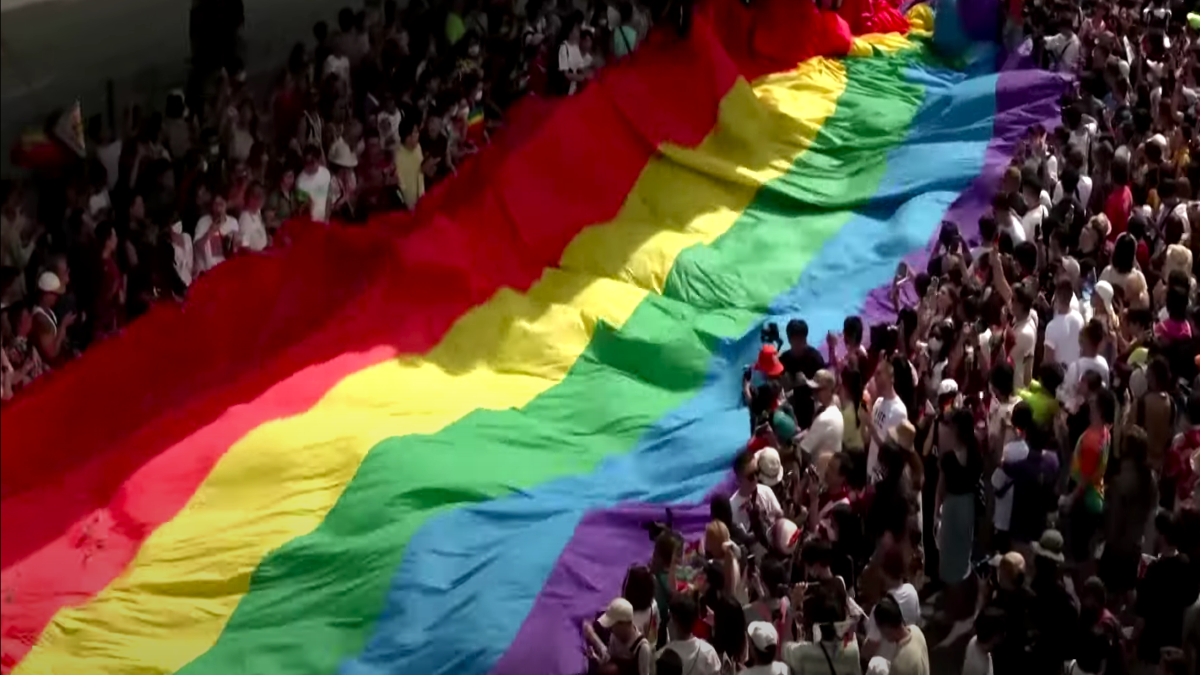In an unexpected turn of events on Thursday, the Supreme Court of Russia issued a ruling designating LGBT activists as extremist, creating a ripple effect of shock and concern within the gay and transgender community. This decision is part of a broader pattern reflecting an escalation of restrictions in Russia pertaining to expressions of sexual orientation and gender identity, prompting worries about a potential surge in arrests and prosecutions.
Russia, already governed by stringent laws that prohibit the promotion of “non-traditional” sexual relations and prevent legal or medical alterations of gender, witnessed President Putin acknowledging Western trends in gender and sexuality in a speech from the previous year. However, he staunchly asserted that imposing such values on other nations was unacceptable.
The Supreme Court’s ruling transpired during a lengthy five-hour session, during which the justice ministry’s request to brand the “international LGBT social movement” as extremist gained approval. This request, submitted on November 17, lacked specific examples but purported the identification of “various signs and manifestations of extremist orientation” within the activities of the LGBT movement in the country.

This ruling accentuates a troubling trend for LGBT activists in Russia, who now grapple with the apprehension of heightened arrests and prosecutions. The absence of specific examples in the justice ministry’s request adds an element of uncertainty, leaving critical questions unanswered about the foundation for such a consequential decision.
The justice ministry’s request, despite lacking tangible evidence, has been sanctioned, shining a light on the challenges faced by the LGBT community in Russia. The vague nature of identifying “various signs and manifestations of extremist orientation” leaves room for interpretation and raises concerns about the transparency of the decision-making process.
The global community swiftly reacted to Russia’s Supreme Court ruling, with human rights organizations and advocates worldwide expressing deep concern and condemning the decision. This collective international response is exerting pressure on Russia to reconsider its stance on the rights of the LGBT community.
Beyond the direct impact on the rights of the LGBT community, the ruling prompts contemplation on freedom of speech in Russia. The broad language employed in the decision raises questions about its potential far-reaching consequences, suggesting a possible stifling effect on activism and advocacy across various causes.
Examining President Putin’s previous statements on gender and sexuality reveals a nuanced stance marked by contradictions. While acknowledging Western trends, he vehemently opposes the imposition of these values on other nations, prompting speculation about the motivations behind the Supreme Court’s recent decision.

Existing laws in Russia extend beyond outlawing the promotion of non-traditional sexual relations to prohibiting legal or medical alterations of gender. These restrictions carry substantial consequences for the transgender community, constraining their rights and autonomy.
The Supreme Court’s ruling fits into a broader trend in Russia, where restrictions on sexual orientation and gender identity have been escalating over time. Understanding this trajectory becomes pivotal in grasping the context within which such decisions are made.
The activities of the international LGBT movement in Russia take center stage in the current ruling. The perceived influence and impact of this movement on local policies are under scrutiny, raising fundamental questions about the autonomy of national governments in the face of global advocacy.
A critical aspect is analyzing how the general population views the Supreme Court’s ruling. The decision has the potential to sow divisions among the public, with some supporting the imposed restrictions on the LGBT community while others vehemently oppose them.

The role of media in shaping public opinion emerges as a crucial factor. Examining how the ruling is portrayed in Russian media provides valuable insights into the narrative that the government wishes to convey and how this portrayal may influence public perception.
In light of increasing restrictions, LGBT activists in Russia find themselves compelled to strategize effectively. International collaboration and support networks assume a pivotal role in advocating for the rights and well-being of the LGBT community amid these challenging circumstances.
Russia’s Supreme Court ruling represents a deeply concerning development for the LGBT community, carrying potential far-reaching consequences. The lack of specificity in the decision, coupled with the broader trend of escalating restrictions, prompts profound contemplation about the future of freedom of expression and human rights in the country.





